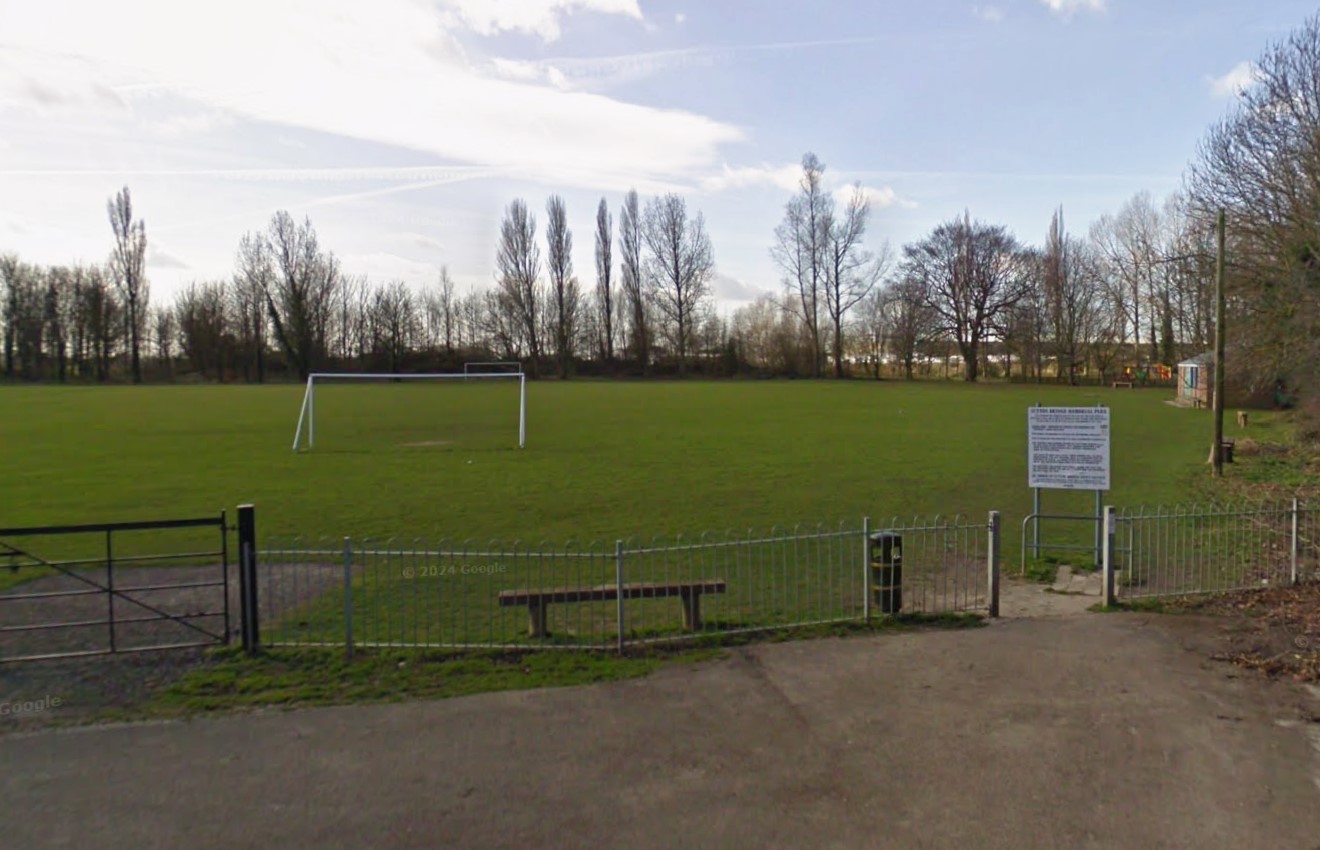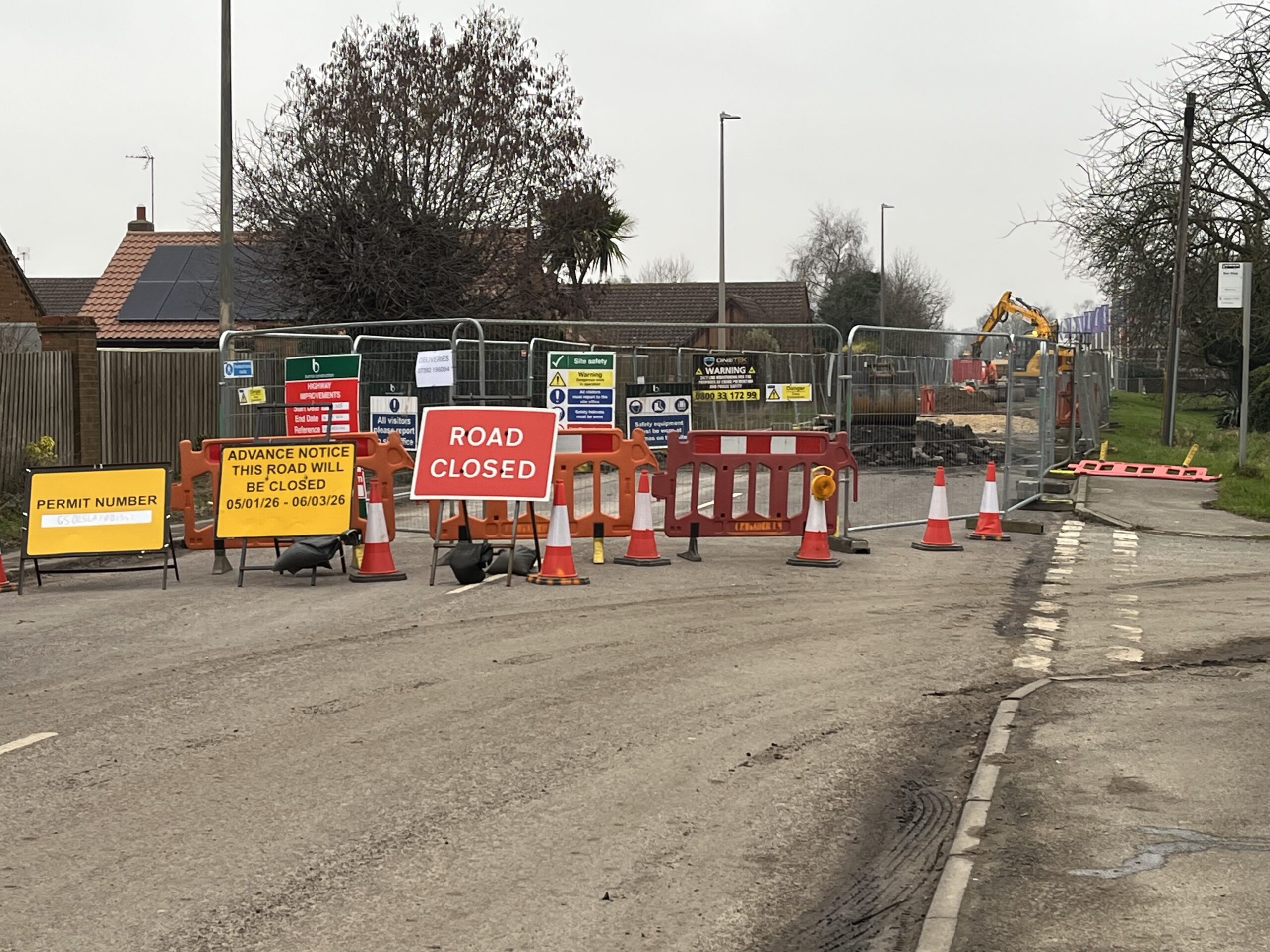By South and the Deepings MP John Hayes
Having never lost sight of the remarkable journey I made from a council estate childhood to the House of Commons and Downing Street, I retain the humbling sense of wonder at being a Member of Parliament.

I am proud of my roots and the working class culture in which I was raised.
In fact, I had an idyllic childhood in a traditional, loving home; my father was a factory worker in the same job for 45 years, interrupted only by war service as an 8th Army sargeant, seeing action at El Alamein, Anzio and Monte Cassino.
My parents were typical of their generation – law-abiding, hard-working, generous and, most of all, secure in their views and values; free from guilt about their patriotism, confident in a biblical adherence to just retribution for those that hurt others and certain about right and wrong – values instilled in me from the start.
From a remarkably (some might say bizarrely) early age I wanted to become a Conservative Member of Parliament, an ambition my parents encouraged, giving me the confidence to realise my dream.
My dad was also a shop steward and my grandfather chairman of his union branch – and whilst some might consider support for trade unionism to be a strange bedfellow with Conservatism, I believe that trade unions are, at their best, among the “little platoons” – Edmond Burke’s civil associations which form the building blocks of our identity and culture.
My journey from a council maisonette to working in Downing Street advising the Prime Minister would not have been possible without the first rate education I received at Grammar School, and the stable and cohesive community of which I was a part.
Neither would it have been possible in the days when MPs were unsalaried, all being either of moneyed backgrounds or the agents of wealthy patrons.
Politics must remain open to people from all beginnings, and in the rush to reduce its cost we should not inadvertently close off the profession to all but the privately wealthy.
Much of the cynicism directed at politicians is based on the perception of a notional “political class” which is necessarily disconnected from the ordinary world.
This cynical view is at odds with my example and my experience.
Now my family and I live in the area I represent, use the same schools, roads and hospitals as my constituents and have as much of a personal stake in seeing our services maintained and improved as anyone else.
I am proud to live in a country where a humble grocer’s daughter rose to become our greatest post-war Prime Minister, and guided by my own background, I am determined that others have the opportunities I’ve enjoyed.
Sadly, social mobility has declined in recent decades in Britain, which is why reforms to education, and the work I have led in revitalising apprenticeships matter so much.
In the years to come, journeys like mine must be less uncommon.







